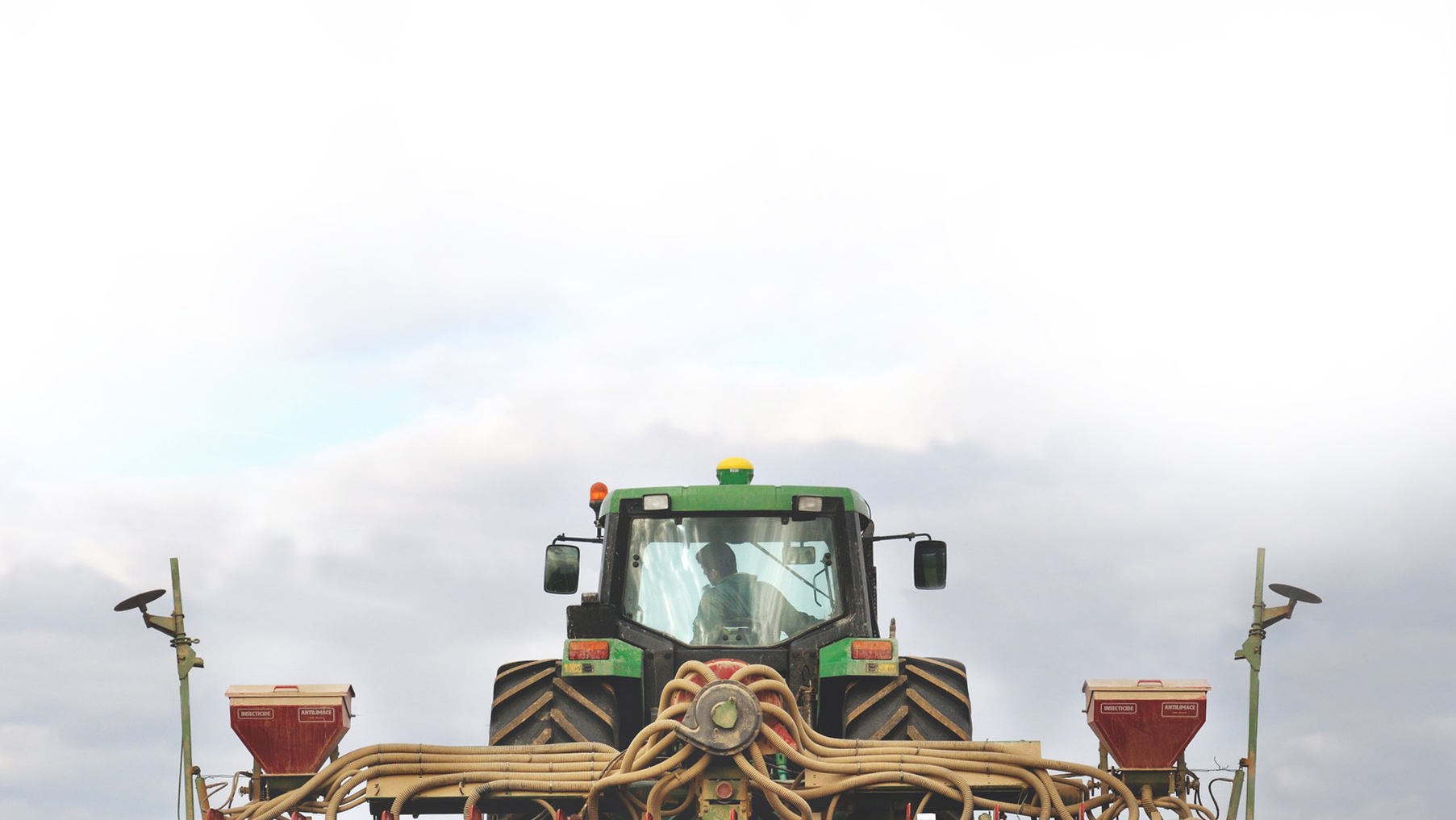Improved maize varieties for Africa: WEMA
Maize is one of the most important cereal crops grown in Africa. It is one of the main food sources for Africans. Africa contributes about 6.5% to the world’s total maize production and Nigeria is the largest African producer of maize followed by South Africa. Over the ten years Africa has faced some of the most severe and biggest droughts. This has made farming to be a risky occupation for small farmers, of which mostly are women who depend on rains for cultivation. Due to droughts maize production becomes worst with low yield.
Insects particularly stem borers are the other problem that becomes prominent in drought prone crops and farmers have little resources to control them. These insects feed on the surviving maize and reduce the plants ability to withstand drought. The combined effect of drought and insects on maize crop can lead to complete crop failure. Thus, Africa needed a solid maize improvement program to secure the income of African farmers along with fulfilling their requirement of food.
A water efficient maize variety for Africa (WEMA) project is created for Sub-Saharan Africa to enhance food security in the area. It is a private/public partnership lead by African Agricultural Technological Foundation (AATF).Drought tolerance in maize is one of the most desired targets for crop improvement programs. WEMA project focuses on development and distribution of royalty free drought tolerant and insect protected maize seeds to small farmers. This effort can help to improve the living standard of many African families and meet their hunger needs.
WEMA developed through transgenic approaches and advanced breeding which is tolerant to insects and drought will be available to farmers in next two three years.
This project is now in sixth year and by the end of 2013 the 1st WEMA conventional hybrid maize will be available for planting commercially in Kenya.


